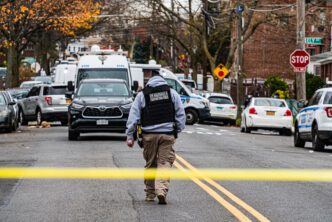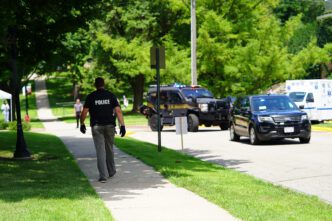Executive Summary
- Public security has become the number one issue for voters in Chile’s presidential election, overshadowing other concerns.
- A rise in organized crime, including kidnappings and extortion, has fueled widespread fear, even though Chile’s homicide rate remains relatively low for the region.
- Both front-running candidates, from the far-left and far-right, have centered their campaigns on strengthening law enforcement and security.
- Chile’s private security industry has grown by 350% in the last decade as citizens increasingly pay for their own protection.
Chilean voters are heading to the polls for a polarized presidential election where public security has emerged as the central issue for the electorate. The two leading candidates, Communist Jeannette Jara and far-right José Antonio Kast, have both focused their campaigns on tackling a growing perception of deteriorating safety, driven by an increase in violent and organized crime in a nation historically considered one of South America’s safest.
While Chile’s homicide rate of 6 per 100,000 people in 2023 remains low for the region, recent years have seen a notable increase in kidnapping, extortion, and contract killings linked to transnational criminal organizations. According to official data, nearly 30% of people were victims of a crime last year, and a recent report from the Fundación Paz Ciudadana think tank found that 24% of Chileans believe they are likely to be a victim of a homicide within the next year.
This widespread fear has prompted citizens and businesses to take personal security into their own hands. Business owners in Santiago report installing surveillance systems and hiring private guards to protect their properties and clients from frequent robberies. This trend is reflected in the private security sector, which has grown 350% over the last decade, according to the National Chamber of Commerce. Security firms report a surge in demand, with middle-class clients now seeking services once reserved for the elite.
In response to the crisis, the outgoing administration of President Gabriel Boric implemented measures including the creation of specialized police units. Jara, who served as Boric’s labor minister, has pledged to continue and strengthen these policies. Kast, conversely, is campaigning on a hard-line approach, promising to “recover order, security, power and the authority of the State.”
A Shift in Public Priorities
The turn towards private solutions highlights a potential decline in public trust in the state’s ability to provide security. “The security that the State is obligated to provide to its citizens is deficient, leading to this expense being covered by the private sector,” said Sergio Morales, security coordinator for the National Chamber of Commerce. For many voters, this election is a referendum on which candidate is best equipped to restore a sense of safety, regardless of the financial cost.






